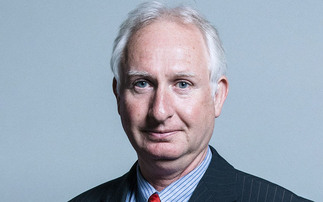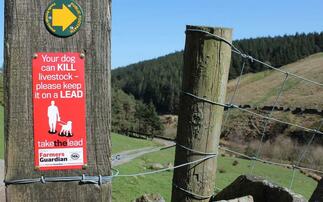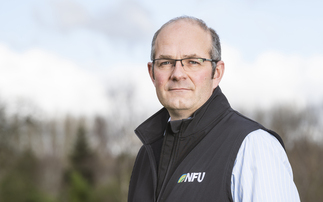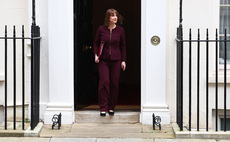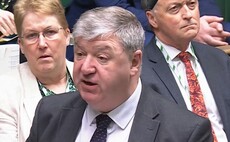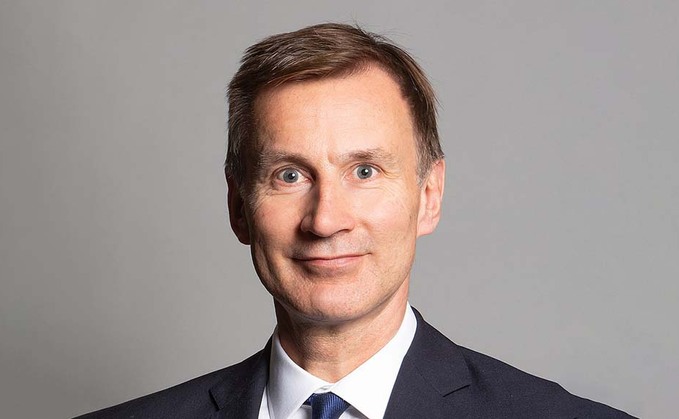
Chancellor Jeremy Hunt's Autumn Statement was designed to boost economy
Chancellor of the Exchequer Jeremy Hunt presented his Autumn Statement by saying the Conservative's ‘plan for the British economy is working. But the work is not done.'
Mr Hunt unveiled a raft of measures to 'turbo charge the economy', including changes to planning laws, levelling-up and National Insurance cuts, as well as certain measures that will impact the farming sector.
In the first instance, he confirmed ‘full expensing' for businesses would be made permanent. This means for every £1 a business invests in IT, machinery and equipment, they can claim back 25p in corporation tax.
It was also announced that companies can benefit more quickly as the previous system meant businesses had to offset the cost against corporation tax over a longer period.
Mr Hunt said the change will cost £11bn a year and represents the ‘largest business tax cut in modern British history'.
"It means we have not just the lowest headline corporation tax rate in the G7 but its most generous capital allowances," he added.
However, president of the Country Land and Business Association (CLA) Victoria Vyvyan said: "From a tax perspective, this was an Autumn Statement that failed to recognise the potential of the rural economy, with thousands of rural businesses excluded from what were largely urban-centric measures.
Increases
For the self-employed, Mr Hunt revealed Class 2 National Contributions would be abolished saving around two million workers around £192 each year. He also announced that National Insurance for employees would be cut from 12 per cent to 10 per cent, while the minimum wage will be increased to £11.44 per hour.
Mr Hunt said that the Government had ‘taken the difficult decision and instead of entering a recession the UK economy has grown.'








